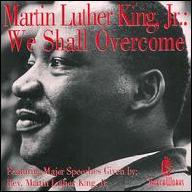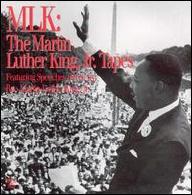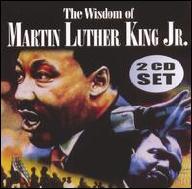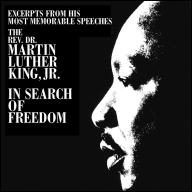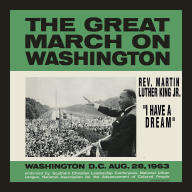In 1957, King joined with other African-American religious leaders to found the Southern Christian Leadership Conference; a year later, he published his first book, Stride Toward Freedom: The Montgomery Story. As the 1960s dawned, he was widely regarded as Black America's preeminent spokesman, although his policies of non-violence were often in conflict with younger, more militant factions of the Civil Rights movement; mass demonstrations in communities throughout the U.S. culminated in the August 28, 1963 march on Washington, D.C., where, on the steps of the Lincoln Memorial, King delivered his celebrated "I have a dream" speech to an audience of over 250,000 protesters. That December he was named Time magazine's Man of the Year, and a year later, he accepted the Nobel Peace Prize. Internal divisions within the Black community threatened to undermine his leadership, however, as emerging voices like Malcolm X and Stokely Carmichael offered a stark counterpoint to King's peaceful methods.
Of course, King encountered his greatest resistance from white leaders. FBI Director J. Edgar Hoover waged a bitter war of surveillance and harassment, declaring him "the most dangerous man in America, and a moral degenerate." King also lost the support of many white liberals for his criticism of the United States' involvement in the escalating conflict in Vietnam. Still he forged on, mounting a 1965 march from Selma to Montgomery, which proved pivotal in the passage of the Voting Rights Act later that year. While in Memphis, Tennessee, to speak out on a local sanitation workers' strike, King was assassinated on April 4, 1968; although James Earl Ray was convicted of the murder, the case remains a source of controversy and conjecture decades after the fact. In the wake of his death, his widow, Coretta Scott King, established the Martin Luther King, Jr. Center for Nonviolent Social Change, and in 1986 his birthday was declared a federal holiday. Many of King's most celebrated speeches are available as commercial recordings. ~ Jason Ankeny, Rovi



